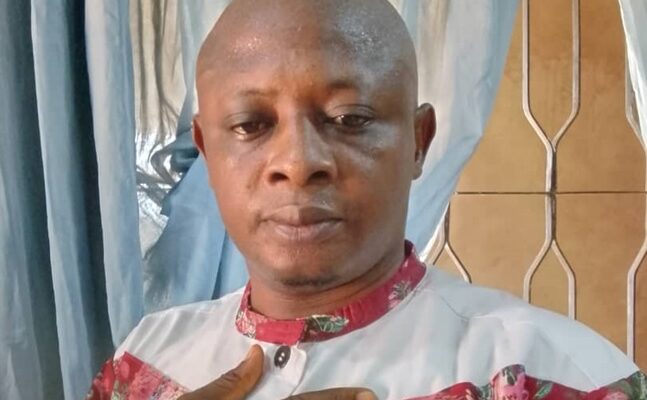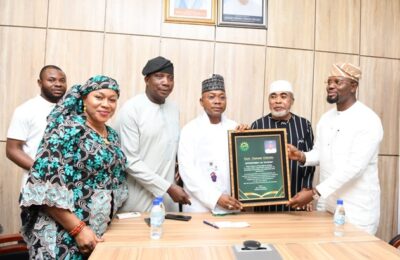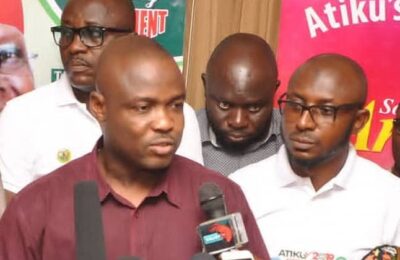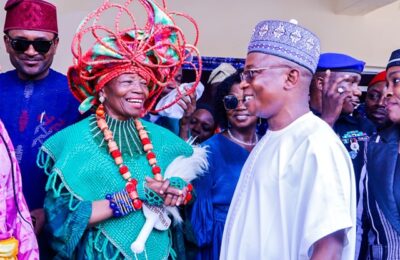In a nation beleaguered by leadership deficits and institutional decay, the celebration of mediocrity has become an endemic culture. Nowhere is this trend more visible than in Nigeria’s political theater, where sycophancy is disguised as loyalty, and propaganda is elevated above performance. A fellow from Ajaokuta LGA who in recent times to attempt to cast a former Kogi state leader as a misunderstood hero, despite his trail of unresolved allegations and contentious governance, is emblematic of this toxic culture of political mythmaking.
Political mythologies, when left unchecked, have a dangerous capacity to redefine history, distort accountability, and sabotage the intellectual memory of a people. In a dramatic rewrite of recent events, sycophants and power brokers have sought to canonize a former governor of Kogi State as a messianic figure — not based on empirical evidence of governance, but on the dubious altar of ethnic sentiment, carefully-curated propaganda, and selective amnesia. This mythopoeic exercise is not merely intellectually dishonest; it is politically treacherous.
Let us interrogate the facts rather than worship shadows. If governance is the yardstick of legacy, then we must ask — what empirical markers of development, transparency, or institutional reform distinguish the tenure being romanticized? Was it a time of transformative policymaking, or one of fiscal opaqueness, administrative parochialism, and elite enrichment? To invoke regional marginalization as an excuse for failed leadership is to mock the very principle of representative democracy. True leadership is not justified by identity politics, but by competence and accountability.
Those who now preach unity and inclusion must first reckon with the contradictions embedded in their narratives. They bemoan the return of ancestral elitism yet deploy their own form of political aristocracy, cloaked in the language of populism. They paint critics as enemies of progress, conveniently ignoring the voices of the people who suffered under inconsistent wages, decaying infrastructure, and a climate of fear that stifled dissent.
Furthermore, the attempt to launder such a legacy into sainthood through rhetorical acrobatics and tribal sentimentalism is not only intellectually lazy but morally repugnant. It is an insult to the scholars, activists, and policy observers who have meticulously documented the rot that occurred under such regimes. History is not a tabula rasa to be rewritten at the whims of loyalists. It is an archive of collective experience, and it owes its fidelity to truth, not patronage.
At the heart of this discourse is a broader philosophical question: What kind of leadership should we valorize in Nigeria? Is it the brand that weaponizes youth empowerment rhetoric while disenfranchising intellectual labor? Is it the kind that sponsors praise songs in the media while neglecting public welfare institutions? Or is it the model that prioritizes optics over substance, and symbolism over systemic change?
The answer lies in confronting the mythmakers and demanding a shift from emotion-laced politics to evidence-based governance. If Nigeria must reclaim her dignity, then narratives like these must be resisted with intellectual ferocity and ethical clarity. They are not mere misreadings of history; they are deliberate distortions intended to pave the way for dynastic succession and a normalization of mediocrity.
The inconvenient truth remains: power must not become a generational inheritance of myth, built on the fragile scaffolding of manipulated memories and public silence. It must be earned, scrutinized, and if need be, repudiated.
Let it be known that we are not a people incapable of celebrating greatness. But we must reserve that honour for those who merit it — not for those whose tenure cast long shadows over public trust. The glorification of questionable leadership is a betrayal of future generations and a mortgaging of the people’s right to truth.
Until Nigeria develops the institutional courage and intellectual discipline to differentiate between performative governance and purposeful leadership, we will remain prisoners of political myth. And like all prisoners of illusion, our chains will not be made of iron, but of untruths whispered as praises.
– Inah Boniface Ocholi writes from Ayah – Igalamela/Odolu LGA, Kogi state.
08152094428 (SMS Only)




